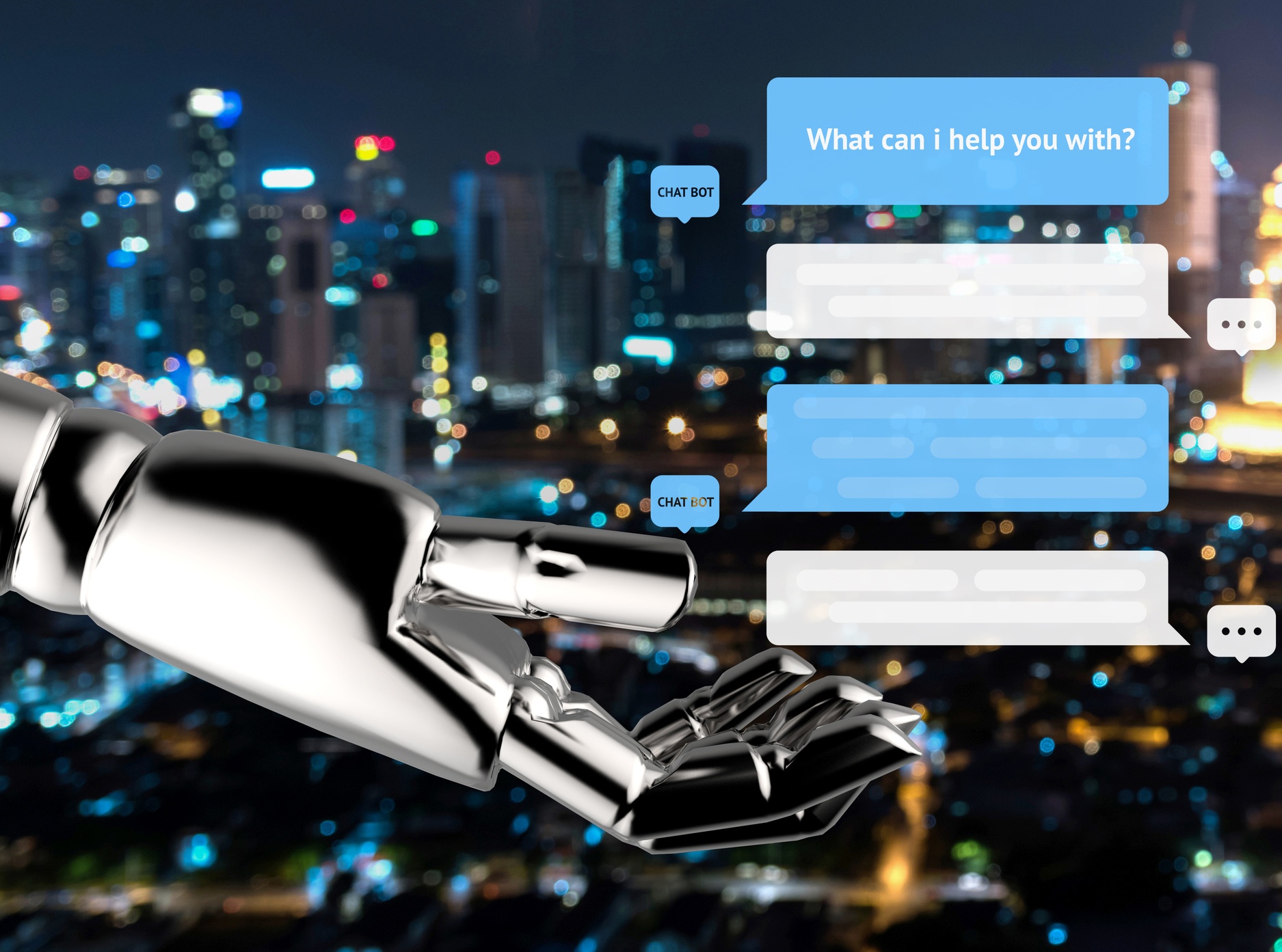
As shown in our chatbot infographic, it is predicted that 80% of companies will implement chatbots by 2020. Bots and AI were massive trends of 2018 and experts agree that the deployment of bots will continue to increase in 2019.
Last month, I shared part 1 of this blog series, which dove into several of the top chatbot mistakes that companies make. In part 2, you learned how to build a chatbot that takes a customer-centric approach and will truly amplify the customer experience. Now in part 3, you will take the Omnichannel Test and learn how to implement a bot into your overall omnichannel engagement journey.
Omnichannel Test
The appeal of a natural, contextual, relevant self-service experience is not limited to the realm of chat. Customer-centric organizations, therefore, do not simply consider chat when deploying their bot initiatives. They focus on how bots fit into the overall omnichannel engagement journey.
Now that you’ve learned how chatbots can improve CX, it’s time to test your implementation know-how by answering the following questions on our Omnichannel Test.
Are bots available to all customer touch points?
“Chatbots” may be a common term, but customer-centric organizations are not exclusively deploying bots in chat-based environments. Many are deploying omnichannel bots that are capable of enhancing the self-service experience in all channels. These bots can assist the customer via telephony, email, social media, and all other popular engagement channels.
Are bots connected to all other communication channels?
Regardless of whether an organization deploys a multichannel or a channel-specific “chatbot,” it cannot ignore the overall omnichannel experience. A customer-centric organization will ensure its bots are connected to all other facets of the customer experience journey. Customers—and customer data—should be able to move freely from bots to other touch points.
Are they part of the contact center framework?
Not simply an issue of customer mobility, the omnichannel requirement mandates that bots be a component of the contact center. Customer-centric organizations ensure bots honor their overarching strategies, processes, and procedures. They also connect bots to all backend systems, including CRM, routing, telephony, workforce management, and desktop. Bots are not an “enhancement” for a particular channel; they are a fundamental component of the contact center.

Keys to Success: Identify the channels in which a bot currently makes the most sense. Select a bot technology that can expand into new channels as customer preferences change. Develop clear escalation and transfer procedures. Treat bots as a fully fledged “channel” and connect them to all key contact center systems.
For other chatbot tests, including the Agent Empowerment Test and Customer Data Test, read our full whitepaper, The State of the Chabot.

